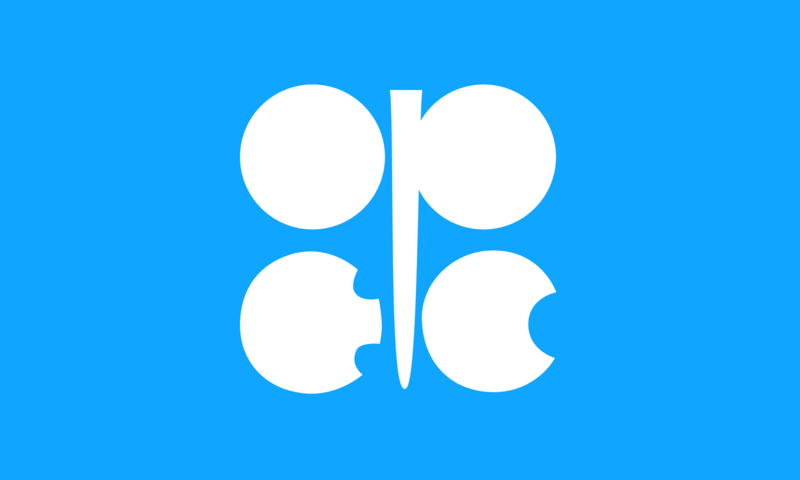OPEC+, the Saudi-led energy cartel that accounts for 40% of the world’s oil supply, will cut its collective output by an amount that roughly amounts to 2% of global output.
What happened: The bloc’s 15 member nations have locked into cutting production by 2 million barrels a day until the end of next year, barring extreme market changes.
If you’re sitting there thinking, “wait, but isn’t there an energy shortage…”
That’s exactly the point. Oil prices have been sliding as of late (down from US$120 highs in June) as recession fears dampen demand. Cutting output is a quick way to inflate prices.
- “OPEC wants prices around US$90 [a barrel],” a Nigerian minister said after the decision, but some analysts believe the move could bump prices up to US$100.
Why it matters: The cut will be felt at the pumps and could add yet another shock to an already ailing global economy, but the biggest implication of the move is likely a geopolitical one.
OPEC commissioned the cut despite explicit pressure from Western powers not to do it, including repeated lobbying from the US government of Saudi Arabia to increase output.
- An Emirati energy minister stressed that it was purely a technical decision. Kinda how taking someone’s lunch from the communal fridge is a ‘technical’ decision.
The blatant defiance of US demands is a seismic shift in OPEC’s relations with the West with one veteran analyst telling FT it has “set OPEC on a collision course with the free world.”
Plus: The move got allied non-member Russia’s seal of approval. The Kremlin is especially keen on rising energy prices after the EU signed on to the G7’s Russian oil price cap plan.
